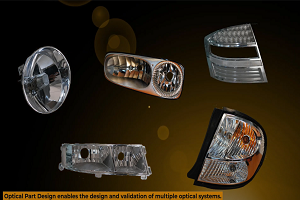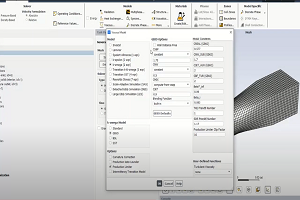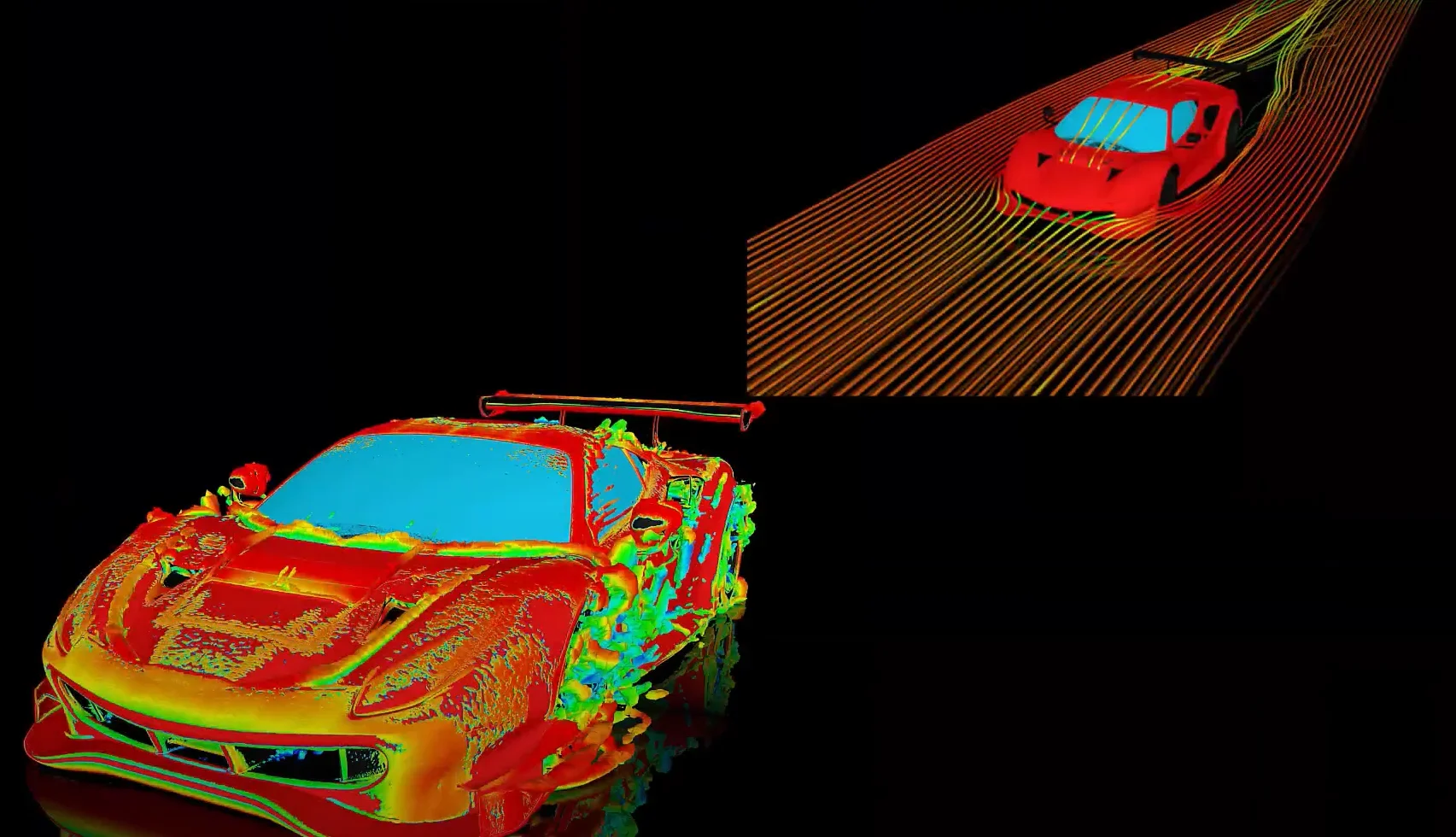Tagged: 19, General, mechanical, structural-mechanics
-
-
March 17, 2023 at 8:59 am
 FAQParticipant
FAQParticipantCINT,SURF is needed to define the crack faces for the solver so that it knows the boundaries of the crack for remeshing purposes. Crack top and bottom faces need to be defined in the nodal component, and this is to help the solver understand the location of the crack. CINT,SURF indicates to the solver the two halves of the crack, and CINT,CTNC (or CINT,CENC) indicates where the crack front is located – this provides a complete description of the crack to the solver. (Otherwise, the solver will only ‘see’ nodes and elements and may not be able to automatically determine where the crack is, so this is why CINT,SURF is needed.)
-


Introducing Ansys Electronics Desktop on Ansys Cloud
The Watch & Learn video article provides an overview of cloud computing from Electronics Desktop and details the product licenses and subscriptions to ANSYS Cloud Service that are...

How to Create a Reflector for a Center High-Mounted Stop Lamp (CHMSL)
This video article demonstrates how to create a reflector for a center high-mounted stop lamp. Optical Part design in Ansys SPEOS enables the design and validation of multiple...

Introducing the GEKO Turbulence Model in Ansys Fluent
The GEKO (GEneralized K-Omega) turbulence model offers a flexible, robust, general-purpose approach to RANS turbulence modeling. Introducing 2 videos: Part 1 provides background information on the model and a...

Postprocessing on Ansys EnSight
This video demonstrates exporting data from Fluent in EnSight Case Gold format, and it reviews the basic postprocessing capabilities of EnSight.

- How do I request ANSYS Mechanical to use more number of cores for solution?
- How to deal with “”Problem terminated — energy error too large””?”
- How to restore the corrupted project in ANSYS Workbench?
- Contact Definitions in ANSYS Workbench Mechanical
- There is a unit systems mismatch between the environments involved in the solution.
- How to transfer a material model(s) from one Analysis system to another within Workbench?
- How to obtain force reaction in a section ?
- How can I change the background color, font size settings of the avi animation exported from Mechanical? How can I improve the resolution of the video?
- The LS-DYNA equivalent of *MODEL_CHANGE card (in ABAQUS). Which keywords can be used to introduce(activate)/delete(deactivate) elements in the middle of a calculation (at user-specific time/load steps).
- How to resolve “Error: Invalid Geometry”?

© 2025 Copyright ANSYS, Inc. All rights reserved.

